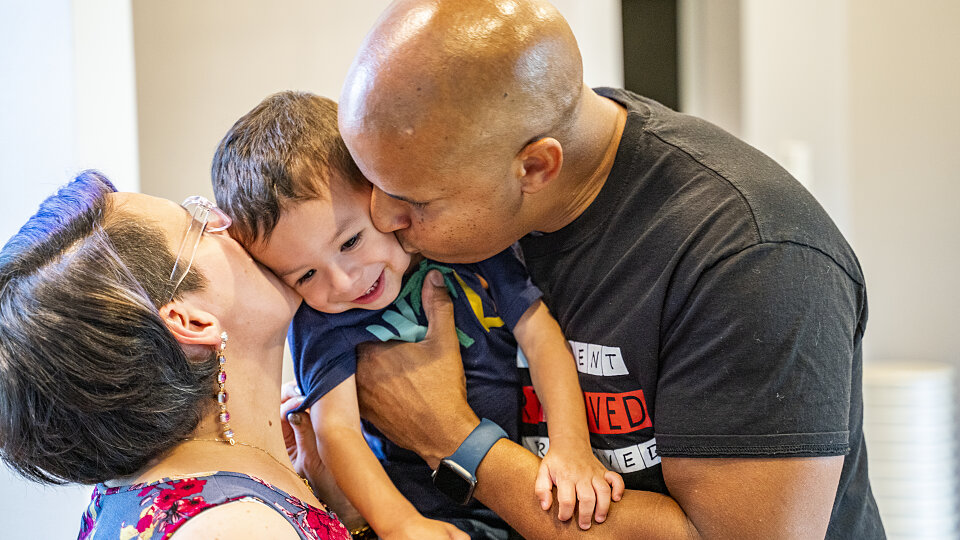Supporting foster families is key to retention
Families and couples who respond to the call of serving vulnerable children through foster care can often find unexpected challenges on their path. Depending on the state, research indicates 30-50% of foster families will quit within their first year – a troubling statistic when the need for foster care had increased annually.
Sometimes, foster families quit because they feel unprepared addressing each child’s unique needs. Other times, foster families quit because they feel alone and unsupported. But Buckner understands thorough and efficient pre-service training can be the tool that help foster families stay the course, said Jordan Castle, foster care and adoption recruiter for Buckner Children and Family Services in Dallas. Foster parents are more likely to stay the course when they can set clear expectations of what it means to foster care.
With the training Buckner offers, families receive a better idea of what may come as they faithfully respond to this call to serve, Castle said. While every child is an individual with particular needs and wants, Buckner provides comprehensive services for foster families and the children they serve across Texas.
Buckner’s goal and ministry is to help every child find hope and healing through family foster care or permanency through reunification with kin or through the blessing of adoption.
“We are experienced professionals motivated by our faith and dedicated to finding families for children, rather than finding children for families,” Castle said.
Finding people who can connect with them can be a challenge for foster families, Castle said. Since they may be the only ones they know who do foster care, sometimes foster parents may feel alone. While Buckner encourages foster parents to find support groups who understand how it all works in churches or other social settings, Castle stated Buckner’s home developers and case managers make sure families are supported by ensuring they stay up-to-date with training and licensing, monitoring and communicating any necessary improvements, as well as checking the child’s service plan and assuring his or her needs are met.
“As people respond to the call of providing foster care, we want to makes sure they always feel supported,” Castle said.




Add a Comment